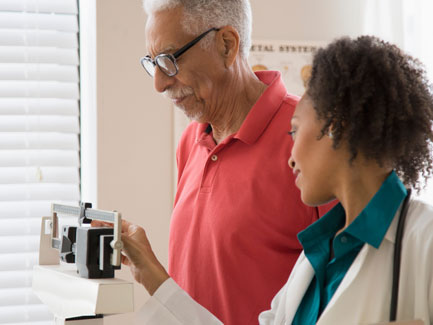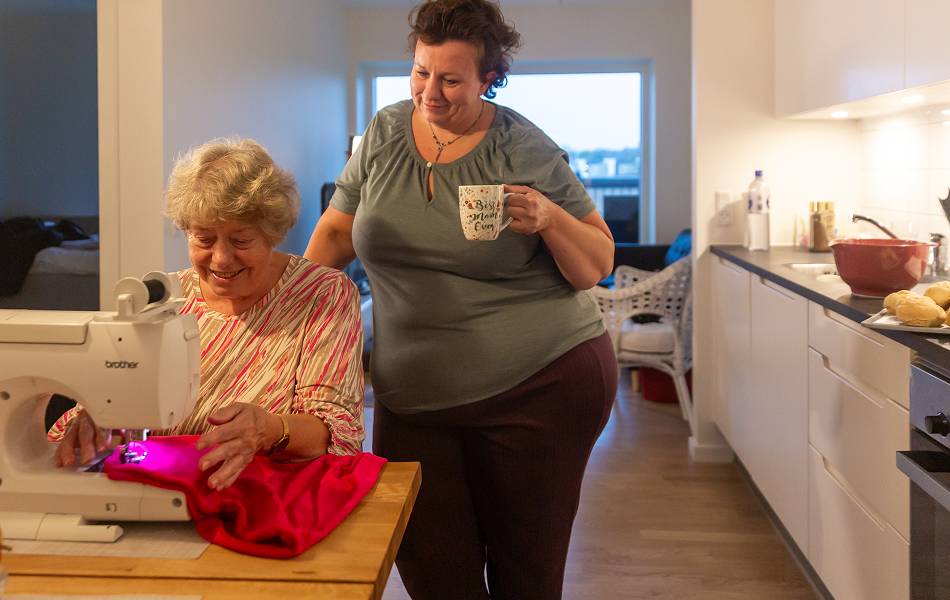
Getting medical interventions
Many people with obesity do not get an obesity diagnosis and treatment from healthcare providers. Find out what you can do to get the help you need.
We have detected that you are located in . Do you want to switch to the local site?
Menopause is a natural stage of life for women that typically occurs between the ages of 45-55. During the menopausal transition, the body produces less oestrogen (one of the main reproductive hormones). These hormonal changes affect many systems and processes in the body, including health of our bones. It is a significant life change that can take some time to adjust to.

Maibritt Schmidt, living with obesity, Denmark
In fact, women can lose up to 10% of their bone density in the first 5 years after menopause, and about one in two women over the age of 60 will experience at least one fracture due to osteoporosis (loss of bone strength). These statistics may sound intimidating at first, but they just go to show you are not alone when it comes to experiencing symptoms of menopause.
As living with obesity is another common contributor to weaker bones and joints, this article explores the impact living with obesity has on bone health, during the menopause transition and can support you through this new stage of life.
Oestrogen helps to maintain bone density by increasing the activity of osteoblasts (the cells that build new bone) and decreasing activity of osteoclasts (the cells that break down bone). During the menopause, oestrogen levels drop, meaning the rate of osteoblast activity slows down, whereas the rate of osteoclast activity speeds up. This change in rate means bones are breaking down faster than bones are forming, causing and overall decrease in bone density. This loss of bone density weakens bones which can cause them to break or fracture more easily. Being at higher risk of breaks and fractures can be unsettling but it is manageable with the right support.
The correlation between obesity and an increased risk of osteoporosis tends to be higher in postmenopausal women. In fact, a study showed one in two women will break a bone after the age of 50 years old and this is due to women, at the time of menopause losing approximately 2% of bone density per year.
Scientists have proposed several possible explanations for the interaction between obesity, menopause and bone health. But further research is needed to confirm the exact cause, which will help to improve the management plans available.
It can be overwhelming and difficult to keep up with all the changes your body is going through, but sustainable weight management can reduce the impact of menopause on bone health. A good place to start can be:
Regular bone density scans: to monitor bone health and check for risk of osteoporosis. This can be scheduled through your doctor.

Speaking to your doctor for guidance on a weight management plan tailored to you can be helpful, your doctor may also recommend obesity care medications as part of your plan. Taking the initial steps to seek help and support can be difficult, click here for guidance on how to work with your doctor on a personalised weight management plan.
Acting early and trying a combination of management options can be more beneficial in preventing and reducing the negative impacts on bone health caused by living with obesity and the menopause and can help improve quality of life. Taking the first step can be the most difficult part but the benefits from doing so can really improve your postmenopausal journey.
HQ25OB00238